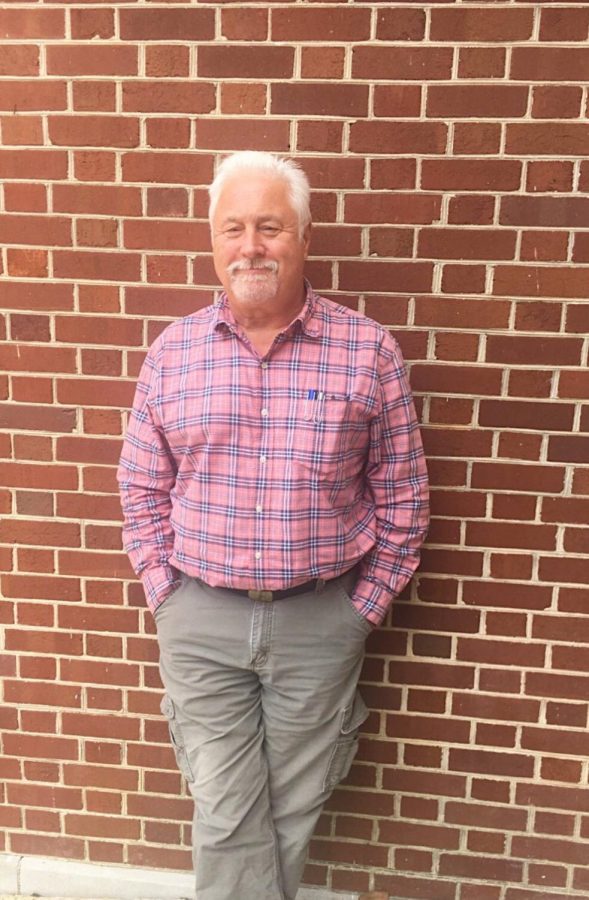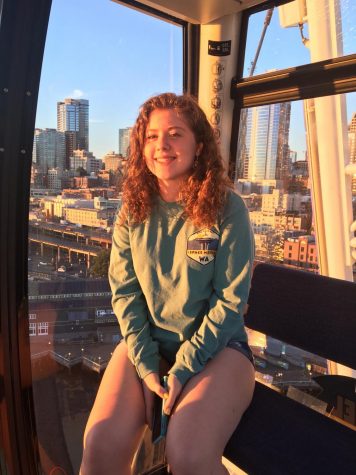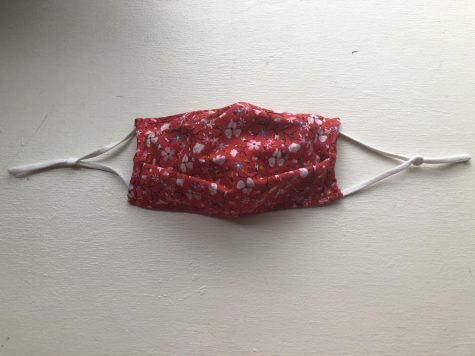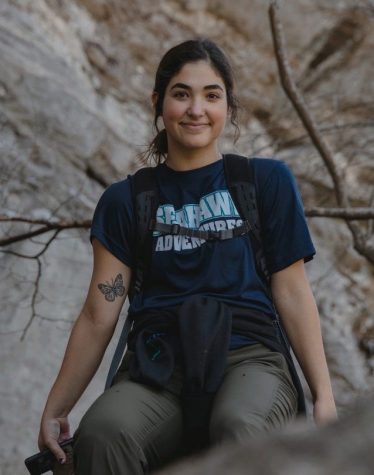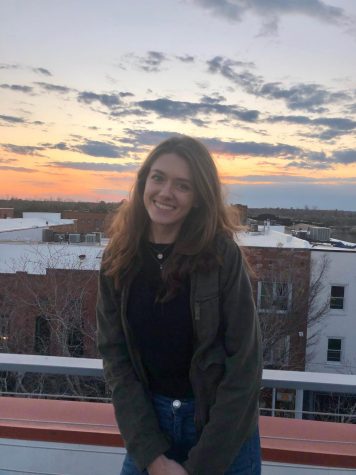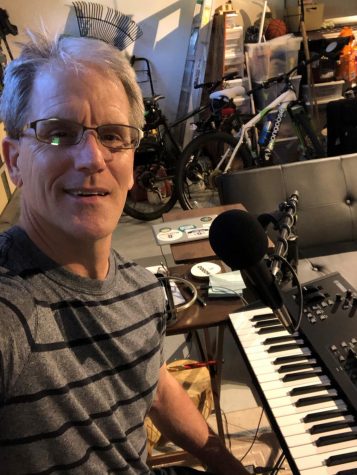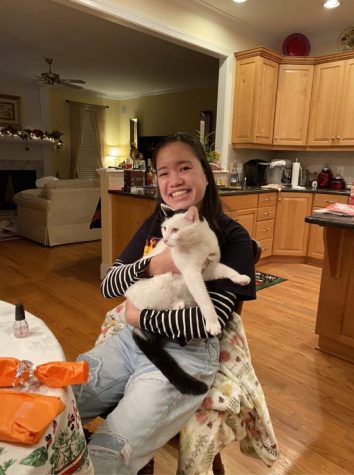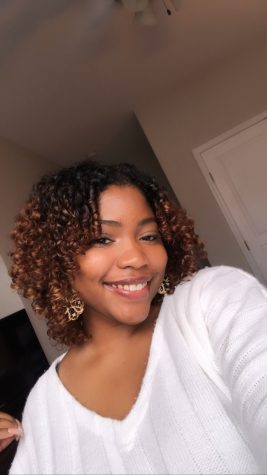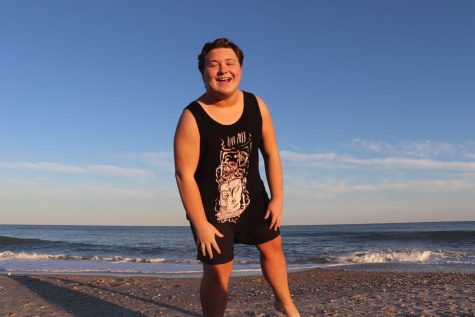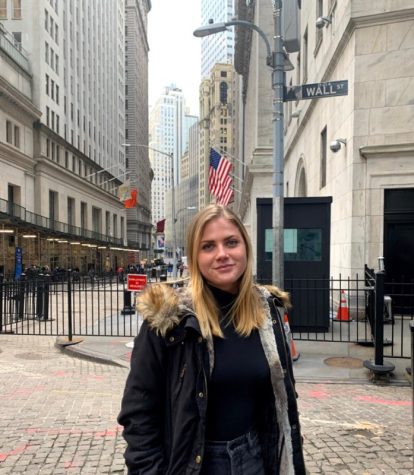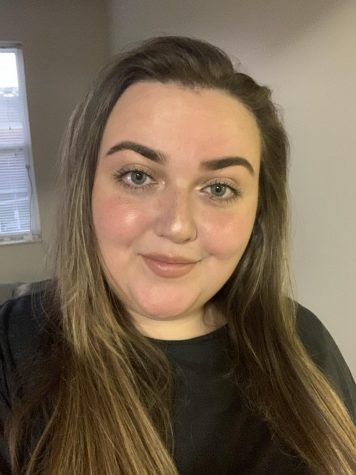Humans of the Dub: writing and “Cape Fear Rising”
How did you get into your field of study?
I’ve always loved writing. I was the person in college who loved to do papers. After college, I was able to get a job as a reporter for a small-town paper. Most people I worked with had no journalism training. We were all young, and because we didn’t know what we weren’t supposed to do, we ended up doing some very interesting things. We did enterprise reporting where we would go out and find interesting, longer stories. I jumped out of helicopters, I did a rodeo, I performed in the circus for a few shows as a clown. I’ve interviewed veterans from wars as far back as World War I. We had free rein to do it, and because we kept winning prizes for it, they let us do it. That was great to be able to go out into the world—you got to go on the other side of the police line, or you get to ride with a fireman, or you get to the stage door back to the dressing rooms and talk to the performers, or you get to go backstage to the rodeo or circus and talk to those people. It was sort of that free pass into a lot of places. It was one of the things I liked about being a writer, and I still like it. I still love going into the places that the general public doesn’t get to go in. When you’re a writer and you tell people what you’re doing, they often just open the door for you.
What is your favorite part of research?
For me, research in itself was talking to people and talking to interesting people is always interesting. The other thing I love is going into paper archives or electronic archives and finding out documents, photographs, those sorts of things. And the other part of it is going someplace interesting. I think that’s maybe the part I love the most—the excuse to get out of the office and drive 500 miles to a place I’ve never been and find out how fascinating it is. And then maybe the fourth part would be actually doing something to learn how it’s done, like actually performing in a rodeo. All the things you have to do to just experience it with your body and your hands and your coordination to see how difficult it is. I always like handling the artifacts—pieces in the Civil War. It’s different when you hold something in your hands and feel the weight of it. There’s a reality to it besides seeing it behind glass.
What is one of the strangest things you have done to write a story?
Well, there’s the rodeo! This isn’t so crazy, but sometimes you spend a lot of money and time on what you think will be a good story, and sometimes it isn’t. Sometimes it’s not that you wasted your money in the sense like you didn’t get to do the book, but you still had a great experience. You met interesting people, but it’s disappointing that the project didn’t end up working out. You kind of have to bet on yourself a bit as a writer. If you’re interested in a story, someone else will be interested because you’re interested will be contagious, but you have to make that interest.
Can you talk more about your novel, “Cape Fear Rising”? What inspired you to write a historical fiction novel on the 1898 coup d’état in Wilmington, N.C.?
When I wrote the story [“Cape Fear Rising”], I was interested in seeing how democracy failed. The people in the massacre basically said, ‘Okay, we don’t like these people who were elected so we’re going to take our guns and take it back.’ That’s what they do in third world countries where people are always fighting, so how did we get there in that city? I also really wanted to put somebody in the middle of it, forced to reckon with the moral issues, which is the issue my main character Sam deals with. I put the reader in a situation where they had to ask themselves, ‘What would you do?’ In a way, we’re all in that position, where we’re watching things unfold. At what point is it our responsibility to say ‘That’s wrong– you shouldn’t be doing that?’ I think that’s a position that more and more people are in. When do people have to stand up and say ‘No more?’



